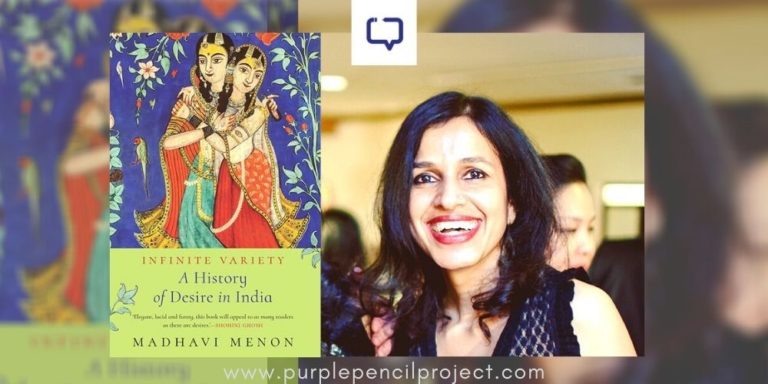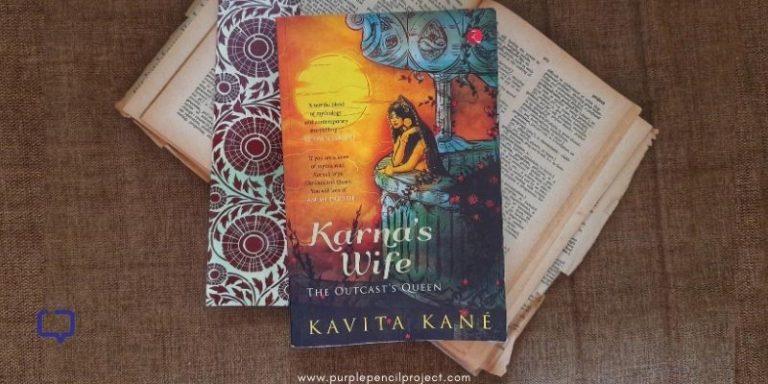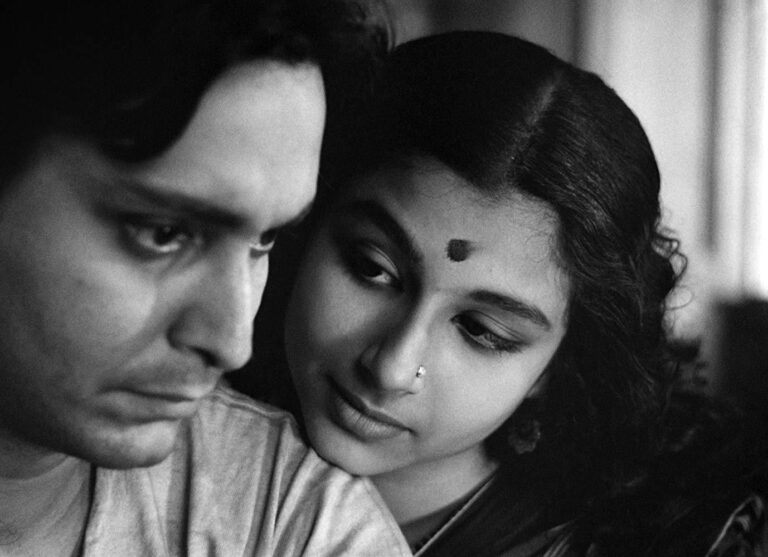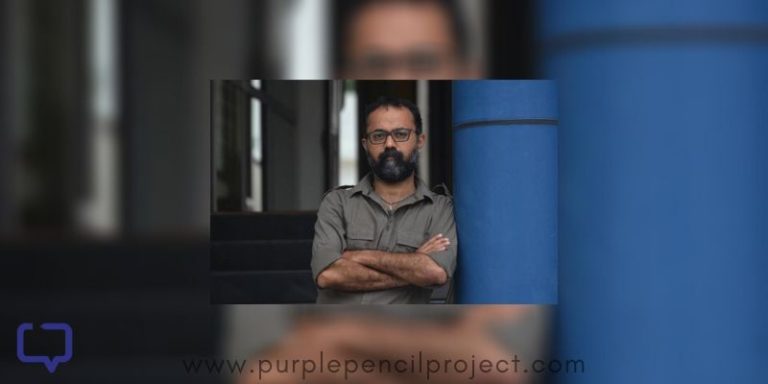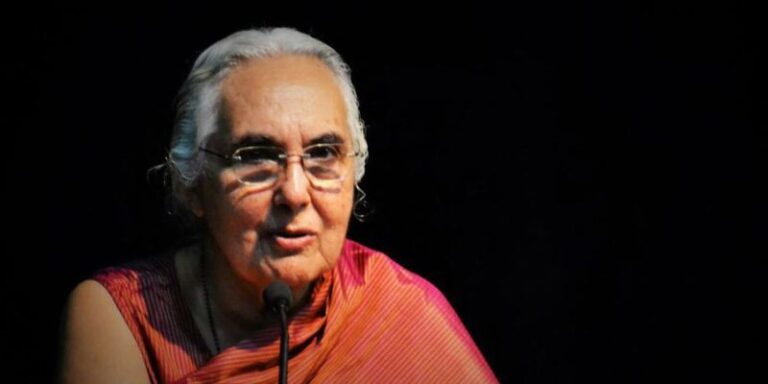Sneha Pathak reviews Like Being Alive Twice by Dharini Bhaskar (published by Penguin Viking, 2024).
Dharini Bhaskar’s second novel, Like Being Alive Twice, is intertextual in its very structure. It is a love story, a speculative novel, and dystopian fiction all rolled into one. And then it also asks its readers a philosophical question—do choices matter? Do we even have a choice, or is it just a case of reaching the same destination through different paths, especially when the odds are stacked against one?
Like Being Alive Twice is the love story of Priyamvada (Poppy) and Tariq (Tar) told through two different lenses. One of how things turned out to be, another of how things could have been. These two possibilities are represented by the yellow and the blue doors. Throughout the novel, which spans seven years, we witness events once as Poppy – and, with her, the readers – enter the yellow door of how it happened. This is followed by a visit to the blue door of how things could have happened.
The Dilemma of the Doors
The dilemma of the doors starts seven years ago when Poppy and Tar are on a trip to the mountains with their common friend, Yana. Poppy and Tar are in love, and Poppy knows that when Tar proposes to her later that night, she will accept. But things don’t go as planned.
Tar and Poppy have a fight over Tar’s wish to leave the country, which he feels is becoming increasingly difficult for people like him to live in, especially once the tally system is enforced, which will decide the quality of life, the kind of job, and even ease of procreation depending upon your tally card points. Poppy’s refusal and her anger at Tar’s idea of migrating becomes the point from where Poppy’s life splits between the two doors.

Open the yellow door, and we witness the end of their relationship as Poppy chooses Yuvi over Tar and Tar and Yana end up together. Open the blue door, and Poppy and Tar are still together. But irrespective of the door she chooses, Poppy’s life is equally fraught with anxieties. Even as Poppy enters the secure world of Palash bagh (which those with only the highest points on their tally cards have access to), money and privilege by choosing the yellow door, her relief – if any – is short-lived. Her love for Yuvi is lukewarm because it’s very easy to topple from the top where Poppy is right now, and the rules here are strict.
Open the blue door, and she is still with Tar but living a life in a basti, struggling for clean air, access to water and space and the threat of being relegated to the Door mohalla forever looming over their heads, procreation, a distant dream, living a lie their only choice.
Recommended Reading: Doctor Fischer of Geneva – A Timeless Tale Of Greed for Wealth and Death
Through these two parallel threads, which feature the same characters in different situations, Dharini Bhaskar creates a story that moves from seven years ago to the present and, in both cases, leads to the same outcome. The setting of the novel, a city without a name, can represent any city, any town, and the increasing chasm between people who have and who don’t in the novel’s dystopian world mirrors ours.
Dharini Bhaskar also draws the reader’s attention to the fact that what starts as an attack on a particular class, community, or gender never stays that way. As Tar’s mother, Fatima, tells Poppy at a point in the novel, “What I am saying is, it’s all connected; we’re connected. To threaten one person, it’s to render each and all of us vulnerable.” This is reflected in the novel as Poppy realises that it’s not enough to be on the top tier of this new social structure, that sliding down the scale is ever so easy and clawing one’s way back up increasingly impossible.
Literature, Music and Women’s Influence in Dharini Bhaskar’s Novel
Literature and music feature heavily in both versions of Poppy’s life. Linda Gregg’s poetry, along with some of Jack Gilbert’s, is a running thread through the narratives, as are the works of Zelda and F Scott Fitzgerald, which become a thread of connection as well as a looming threat in Poppy’s life. Then, there are the women in the novel. Although men are an important part of the book and that of Poppy’s life, Dharini Bhaskar’s Like Being Alive Twice is essentially a book of women who inhabit its pages.
Besides Poppy, it’s characters like Tar’s mother Fatima, Mariam, Poppy’s mother, Sandhya and Neela who make the novel what it is. They are both Poppy’s support and her nemesis. It is Fatima who introduces Poppy to Linda Gregg’s poetry, and it’s her mother who – in her own way – helps Poppy navigate the treacherous trails of Palash Bagh when she most needs it, and it’s Sandhya and Neela that Poppy quickly learns to be wary of if she is to survive.
Written in lyrical prose, this dystopian-speculative-love story of a novel is a befitting second novel by Dharini Bhaskar.
Favourite Quote from Like Being Alive Twice by Dharini Bhaskar
That first year of marriage, I loved Tar so completely, the love felt animate, a giant that towered over me. I needed to claim some part of myself that existed outside of its shadow.
There was also this. I had ceased inhabiting the centre, the four-chambered heart of a thriving city. I was on the fringe, looking in.












